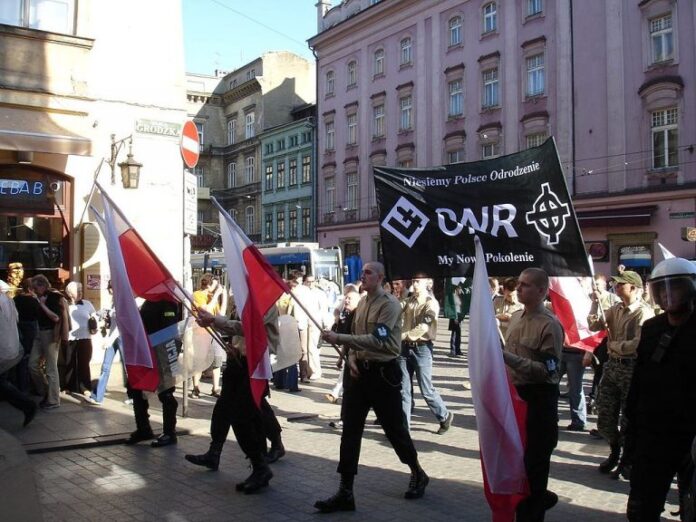On Monday, the Civil Liberties committee endorsed the draft report asking for progress on adding hate speech and hate crime to the list of EU crimes.
The draft report, which was approved with 35 votes for, five against, and one abstention, seeks to ensure universal protection, with a special focus on targeted persons and vulnerable groups and communities, underlining that freedom of expression, as critical as it is for democracy, must not be exploited as a shield for hate speech and hate crimes. To this end, it calls on the Commission to consider an “open-ended” approach, whereby hate speech and hate crimes would be assessed based on social dynamics. Further, the Commission and the member states should act against misuses of the internet and social media, as micro-targeted advertising in particular contributes in spreading and amplifying hate speech and inciting discrimination and violence. Particular attention should be paid to minors, including those belonging to vulnerable groups, so they can be afforded special protection from incidents including bullying in schools and cyber-bullying.
So-called EU crimes are crimes of a particularly serious nature with a cross-border dimension, for which the European Parliament and the Council can establish minimum rules regarding definitions of criminal offences and sanctions under Article 83(1) of the Treaty on the Functioning of the EU.
Three years have passed since Commission President von der Leyen first announced her intention to extend the list of EU crimes to all forms of hate crime and hate speech in 2020. Currently, member states’ criminal laws deal with hate speech and hate crime in different ways, while EU-wide rules exist only when such crimes are against a group of persons or a member of such group defined by reference to race, skin colour, religion, descent or national or ethnic origin, which makes it difficult to implement a successful common strategy to effectively combat hatred.
The report calls on the Council to adopt the decision with the activation of the “passerelle clause”, bypassing the unanimity requirement.
“Nine out of ten hate attacks in Europe are not reported, so they are not prosecuted and remain unpunished. Therefore, they are invisible. The victims’ rights are not sufficiently protected. We seek that the member states objectively analyse such events, which are violations of fundamental rights,” commented Rapporteur Maite Pagazaurtundúa (Renew, Spain).
The resolution will be voted on by the full House at the December plenary session (11 – 14 December 2023).

